Short vs. long skis is a hotspot in most of ski debates. Every skiers and every ski manufacturer believes that they know the truth. Let's look into this eternal dispute in today's article.
Not in the mood for reading? Check our comprehensive guide to short skis:
What do shorter skis mean?
Short skis are typically less than 160 cm in length. They are lighter, more maneuverable and easier to turn than the traditional long skis. Short skis can be as short as 44 cm. At that point, the style of skiing is more similar to skating on snow.
Shorter = better
Advantages of Shorter Skis:
- Maneuverability: Short skis are highly maneuverable, making them perfect for navigating tight spaces such as moguls or terrain parks. They are easy to turn which helps to navigate through tricky terrain with confidence.
- Beginner-Friendly: Short skis are ideal for beginners. They are forgiving, responsive, plus they require less effort to control. Short skis are the right way to get confident on the slope very fast.
- Playfulness: Short skis are the first choice for freestyle skiers and terrain park fans. No other skis offer such quick transitions and a dynamic skiing experience.
Struggling to decide which length might fit you? Watch our comparison for more information.
What do longer skis mean?
Long skis are typically over 170 cm. They are often recommended to advanced skiers looking for some thrill of fast ride. But is this widely spread idea true? Let's see what long skis can do for us.
Advantages of Longer Skis:
- Stability: Long skis offer stability at high speeds and enhanced grip on hard snow. Simply put, the longer board, the more stability you have. However, you loose the fun and playfulness of keeping the front-back balance.
- Performance: Skiers searching for rides in ungroomed terrain or skiers aimig for super fast ride opt usually for super long skis.
But is it really true?
If you are not currently training for the Olympics, you will probably not appreciate the advantages of long skis.
Long skis are for most of skiers too clunky and heavy. In a snowpark or on a slope, you will have more fun with short skis, which are easy to control and fun to slide.
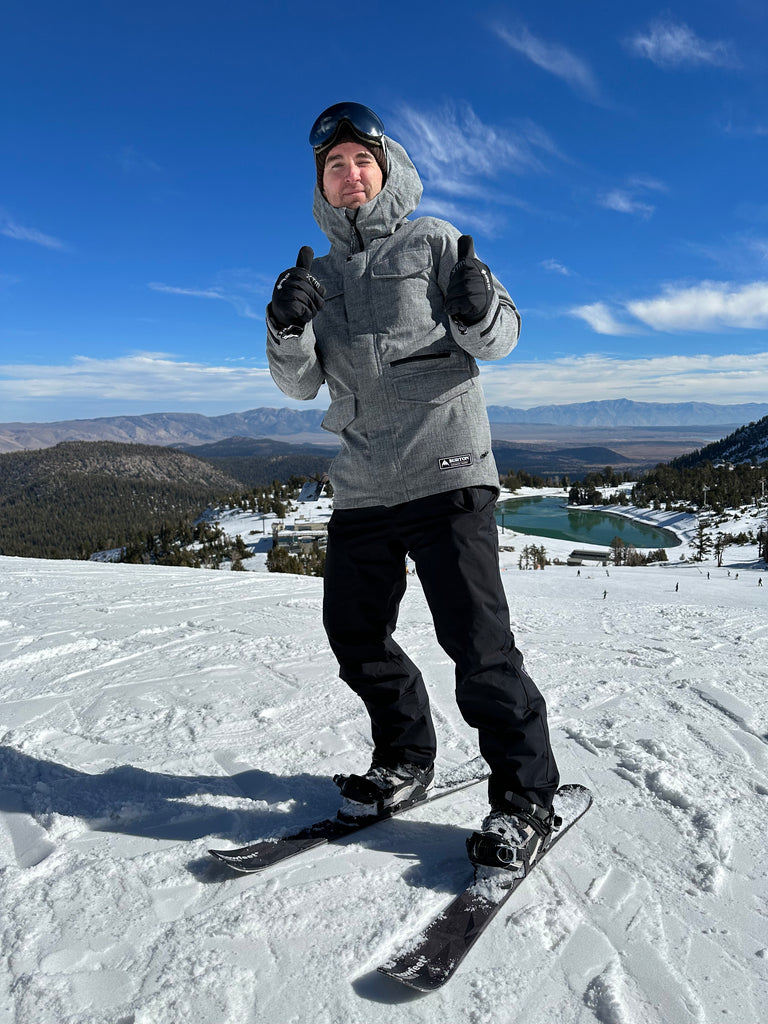 If you are not still persuaded about the qualities of short skis, you can always try something more similar to your traditional long skis, with advantages of the short skis.
If you are not still persuaded about the qualities of short skis, you can always try something more similar to your traditional long skis, with advantages of the short skis.
120 cm long Freedom skis are the right way, if you want to keep the feeling of balance provided by the long board but you want skis which are light and easy.
99 cm long Skiboards feel even lighter and more free than the Freedom skis but they will still give you enough support and stability. Plus, you can choose from 3 types of bindings!
Choose length that suits you best
Can you use shorter skis than recommended?
Yes, you can! Not only that you can use them, there are actually a few good reason why you should opt for short ski. When we omit all the reason mentioned in the previous paragraphs, short skis are life-long skis. No matter your skiing level, they can bring advantages and make your ride better and more enjoyable. When you are a beginner, you can choose them as your first skis and gradually continue skiing with them without the need to change for a different model. When you are an experienced skier, you can use short skis to both enjoy the ride you are used to, or to explore new possibilities.
Let's have a closer look at what short skis have in stock for different proficiency levels.
Beginners
Short skis are the right first step to take on your way to the slopes. They are light, easier to control than longer skis and user-friendly. In general, they are more forgiving than the long skis, so your if you make any small mistake, you will be able to ski your way out of it.
Intermediates
Have you been skiing on the traditional long skis your whole life and you are still not a pro? Give short skis a shot! You might be surprised how fast your skiing abilities will improve.
Pro
Once you have mastered the long skis, challenge yourself to something new. Short skis might allow you to perform tricks you have not been able to explore before andIs it bad if my skis are too short?
Quite the opposite!
Contrary to a wide-spread belief, short skis are in many cases better than long skis.
They are suitable for a wider range of skiers than longer skis and they bring many more benefits on the slopes. Whether you are a beginner or a free-style lover, you will have a blast riding short skis. Skiing with short skis also allows to progress at much faster pace than with long skis. You can go from rookie to an intermediate skier within a day thanks to a fast learning curve.
To learn more check our article giving more information.
There are a few situations in which long skis would be actually better than short skis. We talking mainly powder and Winter Olympic Games here. However, most of us are recreational skiers who love to enjoy a great skiing trip a few times during the season and our main objective is to have fun.
For the purpose of the recreational skiing, short skis are a better choice. They are are easier to pack and carry around, you can choose what footwear do you prefer and finally, they are easy to ride, so you will not finish all drained up.
Is it easier to ski with longer or shorter skis?
When it comes the the ride itself, short skis are more manueverable and easier to turn, which can be great for beginners or skiers who prefer a more playful, freestyle skiing style. Shorter skis are also typically lighter and require less effort to control, which can be less tiring for the skier.
Short skis provide a great variety of lengths, so you can always pick from short skiskates which are similar to skating, or opt for longer skiboards which allow provide great freedom, when skiing.
Longer skis, on the other hand, can be more stable at higher speeds and provide more float in deeper powder.
To sum up, for most of the skiers short skis are easier to maneuver and also to learn. The provide huge amount of agility but they remain stable at the same time.
If you want to learn more about the difference in skiing with long and short skis, you can watch this video:
How can I ski more effortlessly?
Skiing can be tiring when choosing wrong technique and wrong equipment. We can give you only a few tips about the right technique in our articles. But we can surely give you the right equipment.
When you want to make your skiing effortless, light and unrestricting equipment is the key. Short skis will give you enough freedom to enjoy your ride without dragging your heavy skis around.
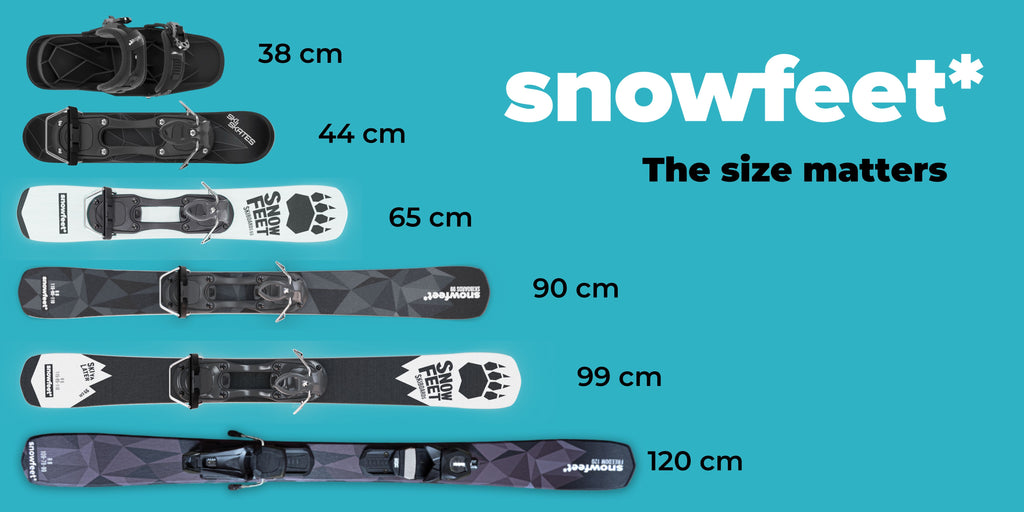
Do shorter skis make you go slower?
No, they don't. Not necessarily. The length of skis can affect the speed at which a skier can travel, but it's not a simple relationship between shorter skis and slower speeds.
Shorter skis can be super nimble and easier to whip around, letting skiers bust out quicker and more frequent turns. This can actually crank up a skier's speed in certain situations, like tearing through a slalom race course.
Longer skis provide more stability at high speeds, which can allow skiers to travel faster without losing control. However, you are not very likely to develop such speed to actually recognize a prominent difference between short and long ski.
Gear up for your next winter adventure
Tips for Skiing with Shorter Skis
If you are new to skiing with shorter skis, there are a few tips that can help you get started:
1. Begin on gentle slopes: It's crucial to start on gentle slopes when learning to ski with shorter skis. Keep to well-maintained trails and gradually progress to more demanding terrain as you gain expertise.
2. Adjust your stance: With shorter skis, you may need to adjust your stance slightly to maintain balance and control. Keep your weight centered over your skis and avoid leaning too far forward or back.
3. Use your edges: Shorter skis are great for carving turns, so make sure to use your edges to initiate turns and control your speed.
4. Practice, practice, practice: Like with any new skill, practice is key. Spend time on the slopes practicing with your shorter skis, and you'll quickly gain confidence and improve your technique.
To sum up, short skis have many advantages in comparison to long skis: skiing is lighter and more fun, they are easier to learn and they are less strenuous when it comes to turning and maneuvering.
Have you tried short skis?
Share your experience in the comments!
Want something longer? We got your back!

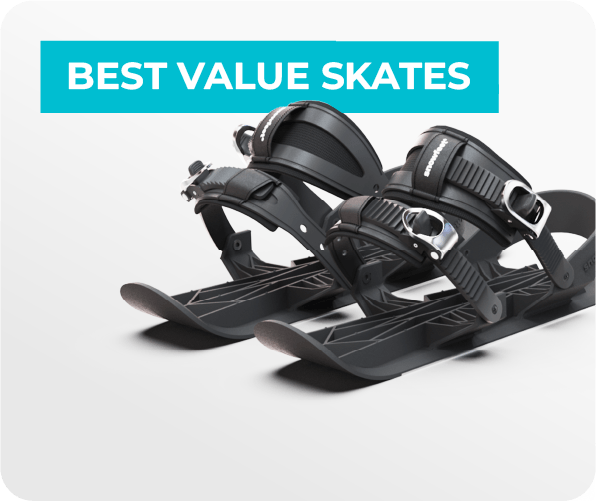
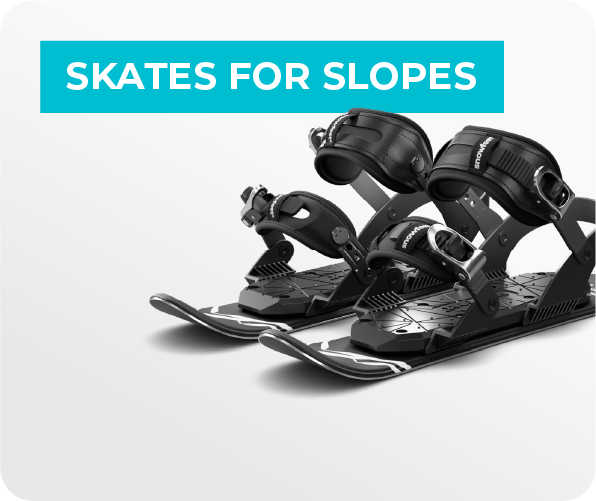
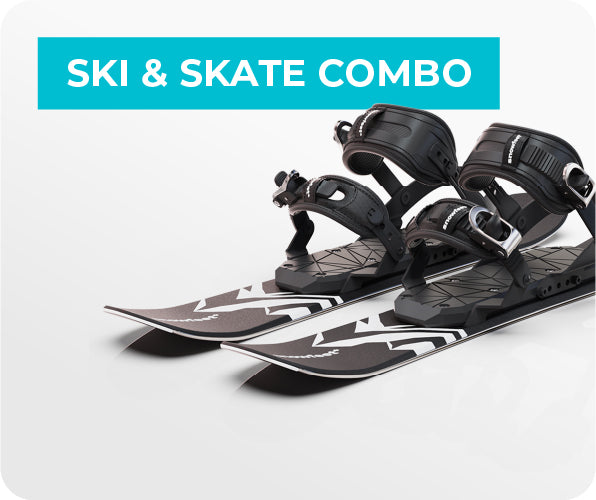
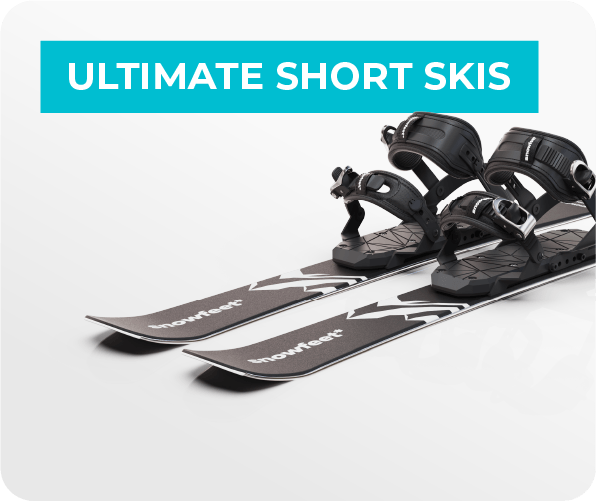
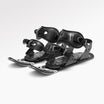
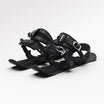
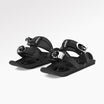
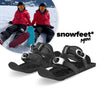
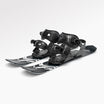
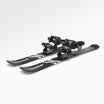
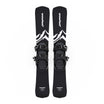
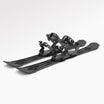
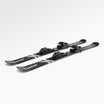
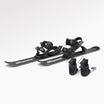
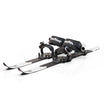
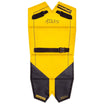
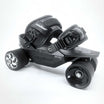
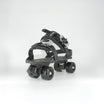
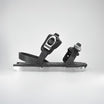
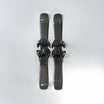
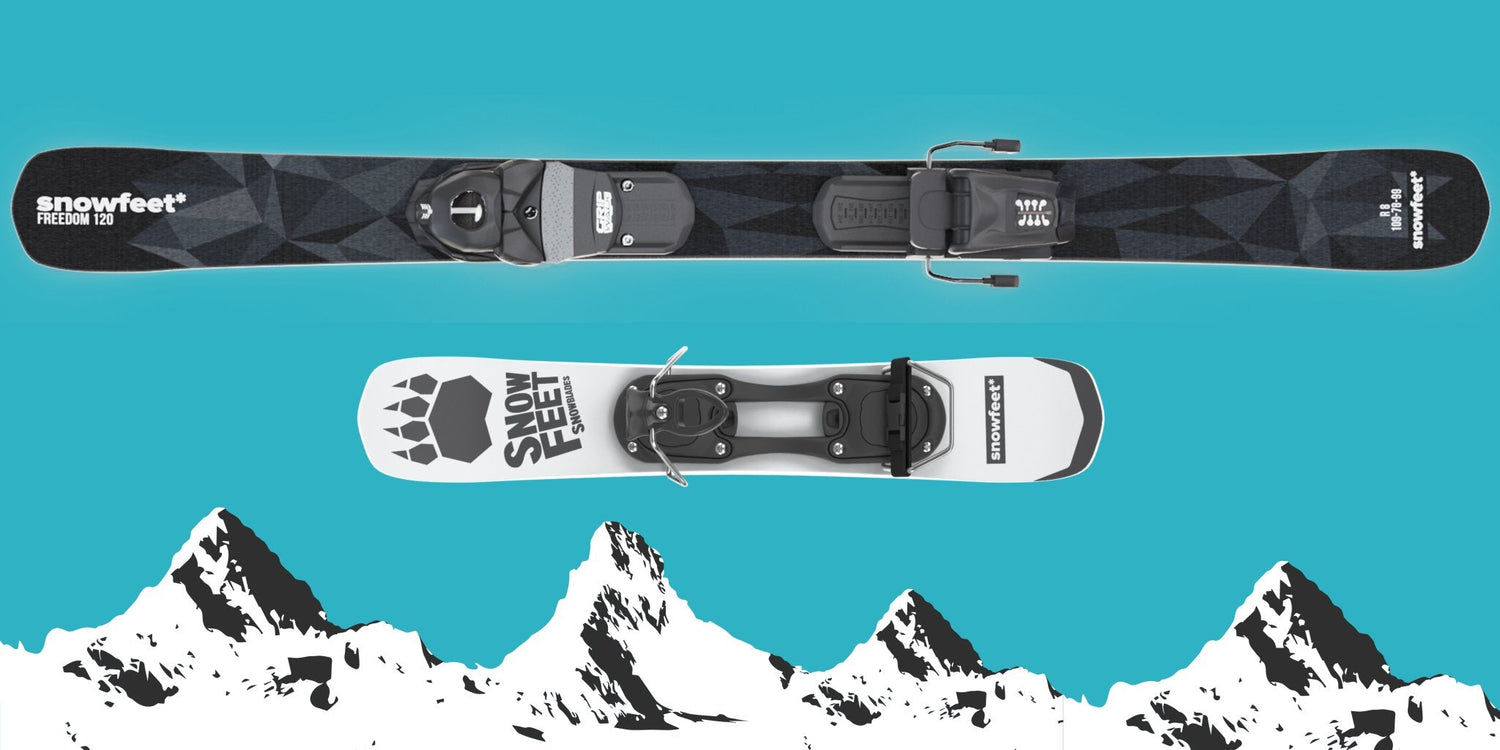

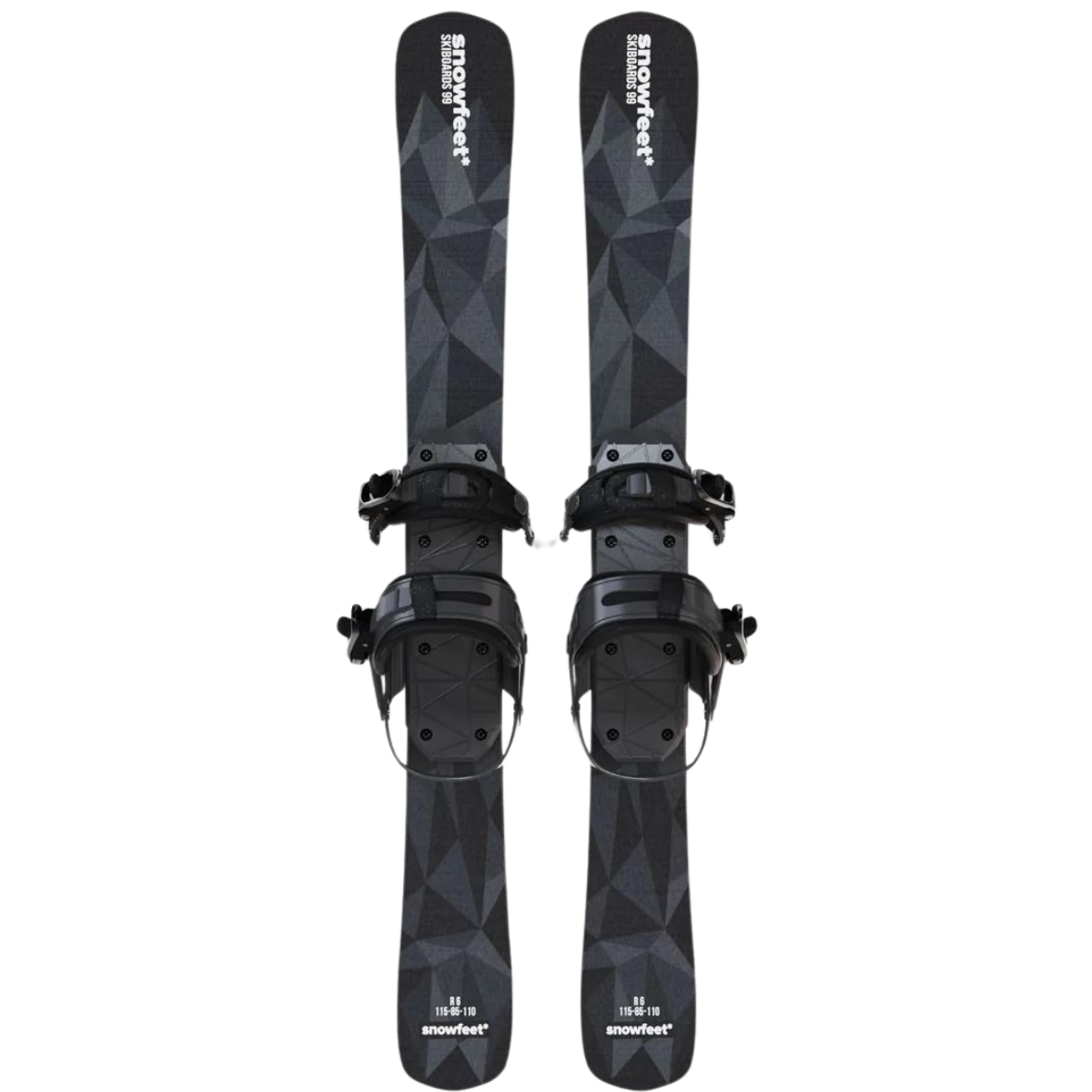





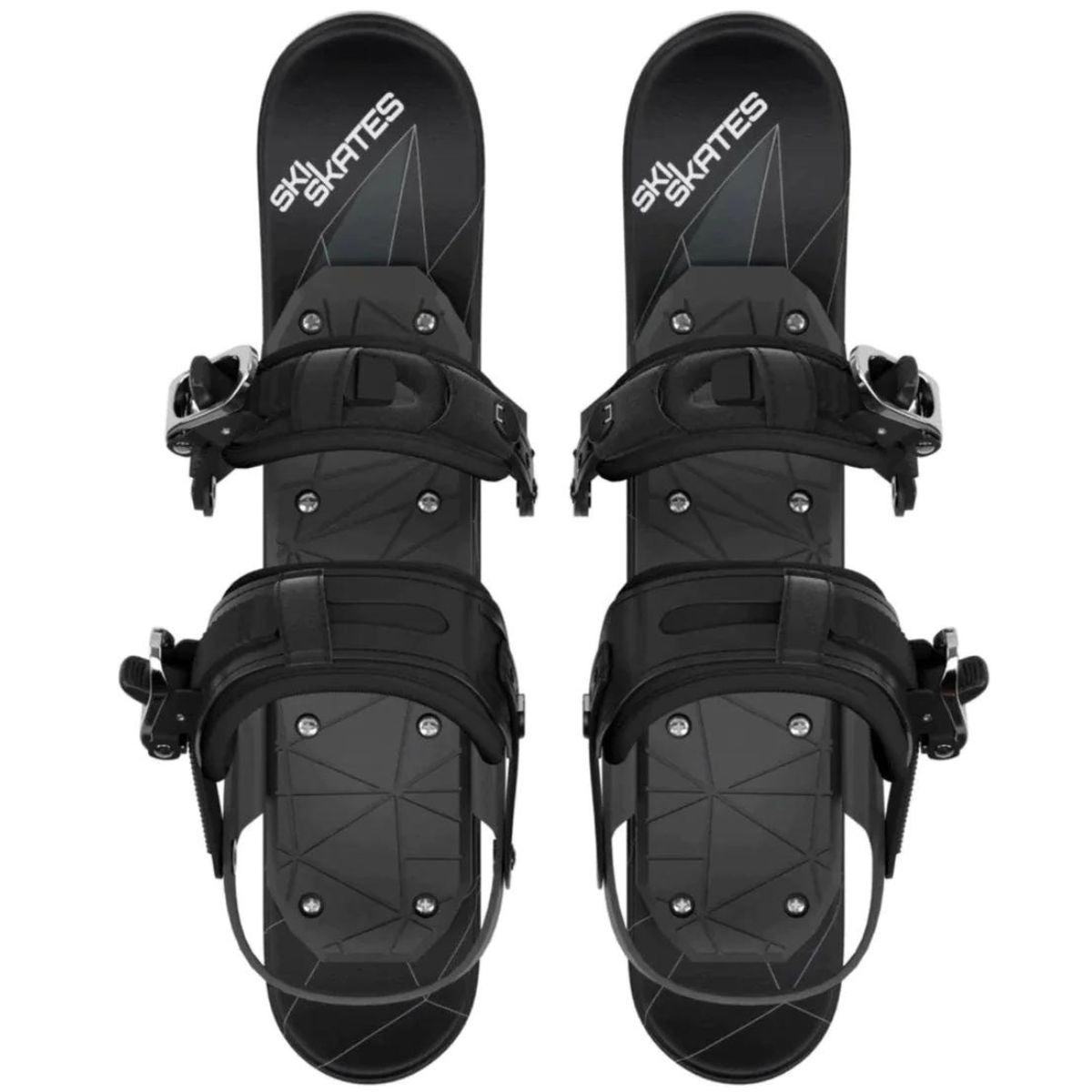


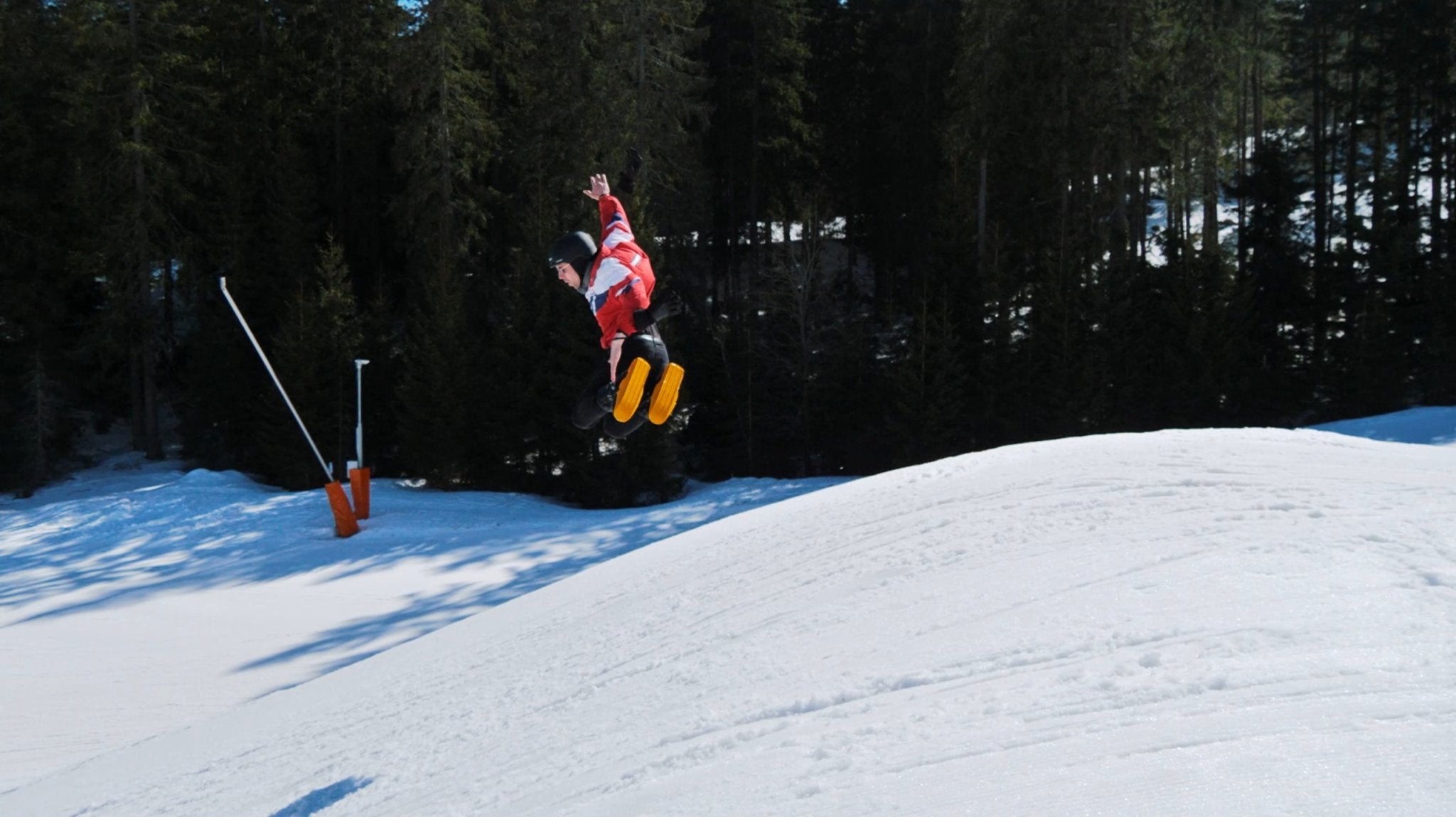
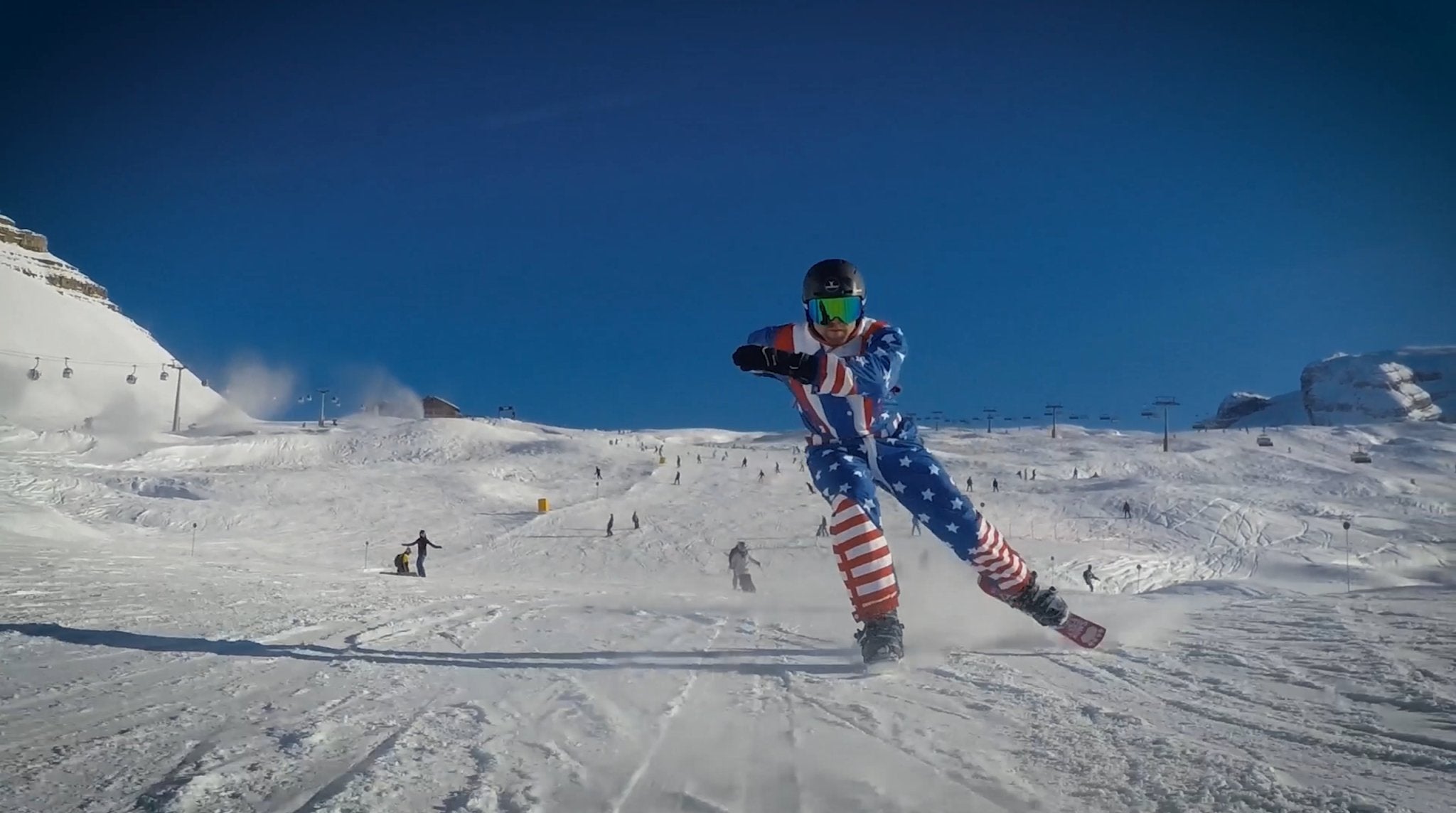
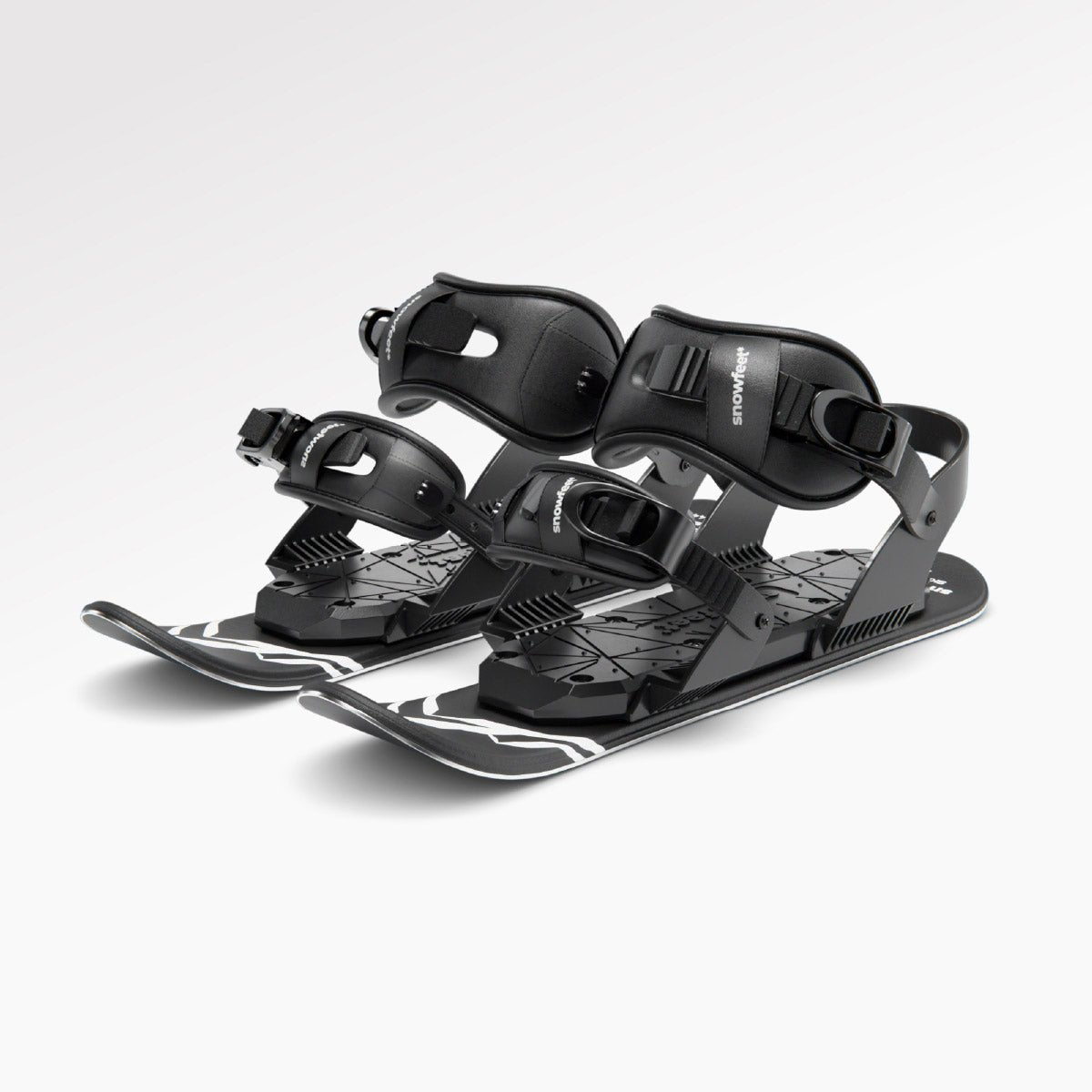
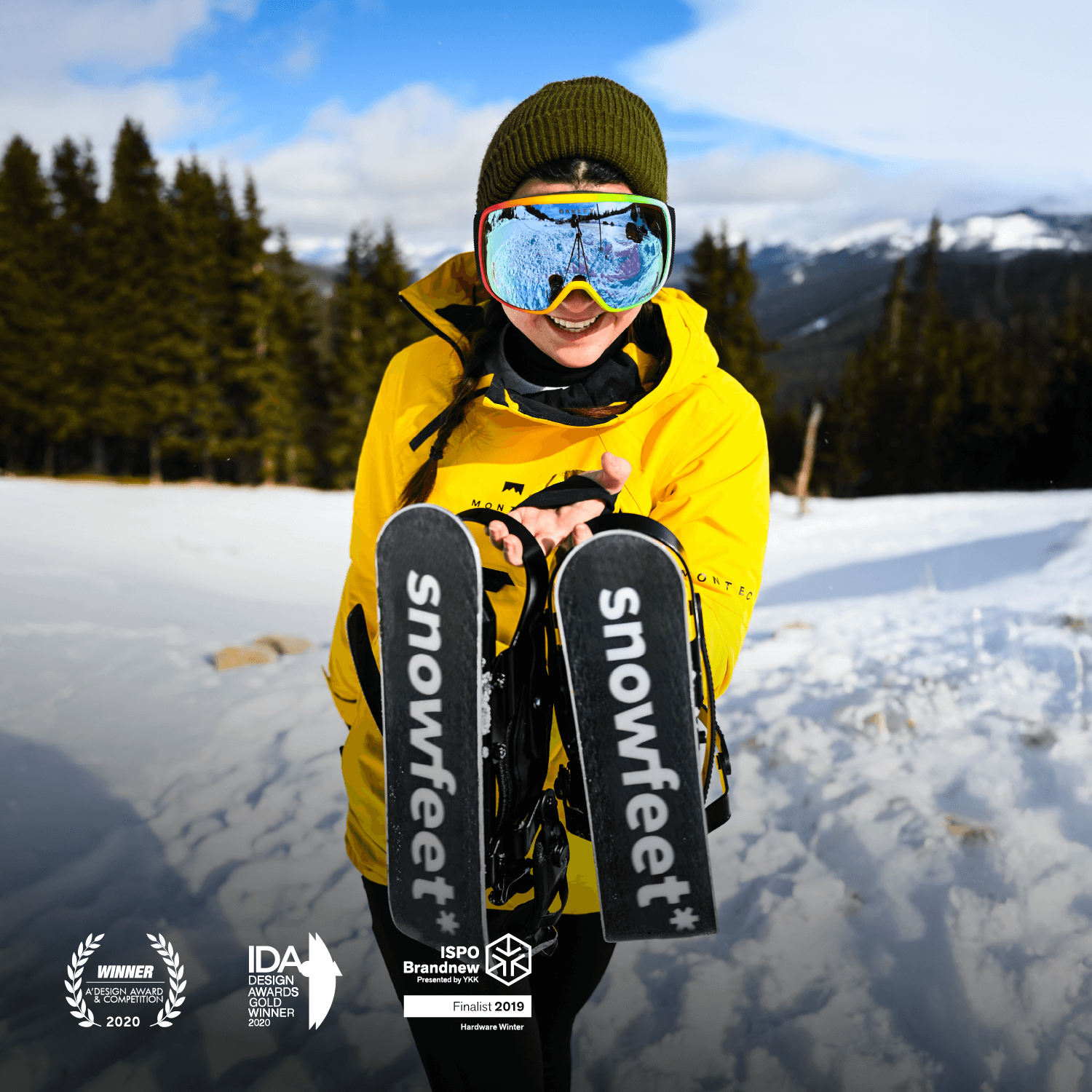
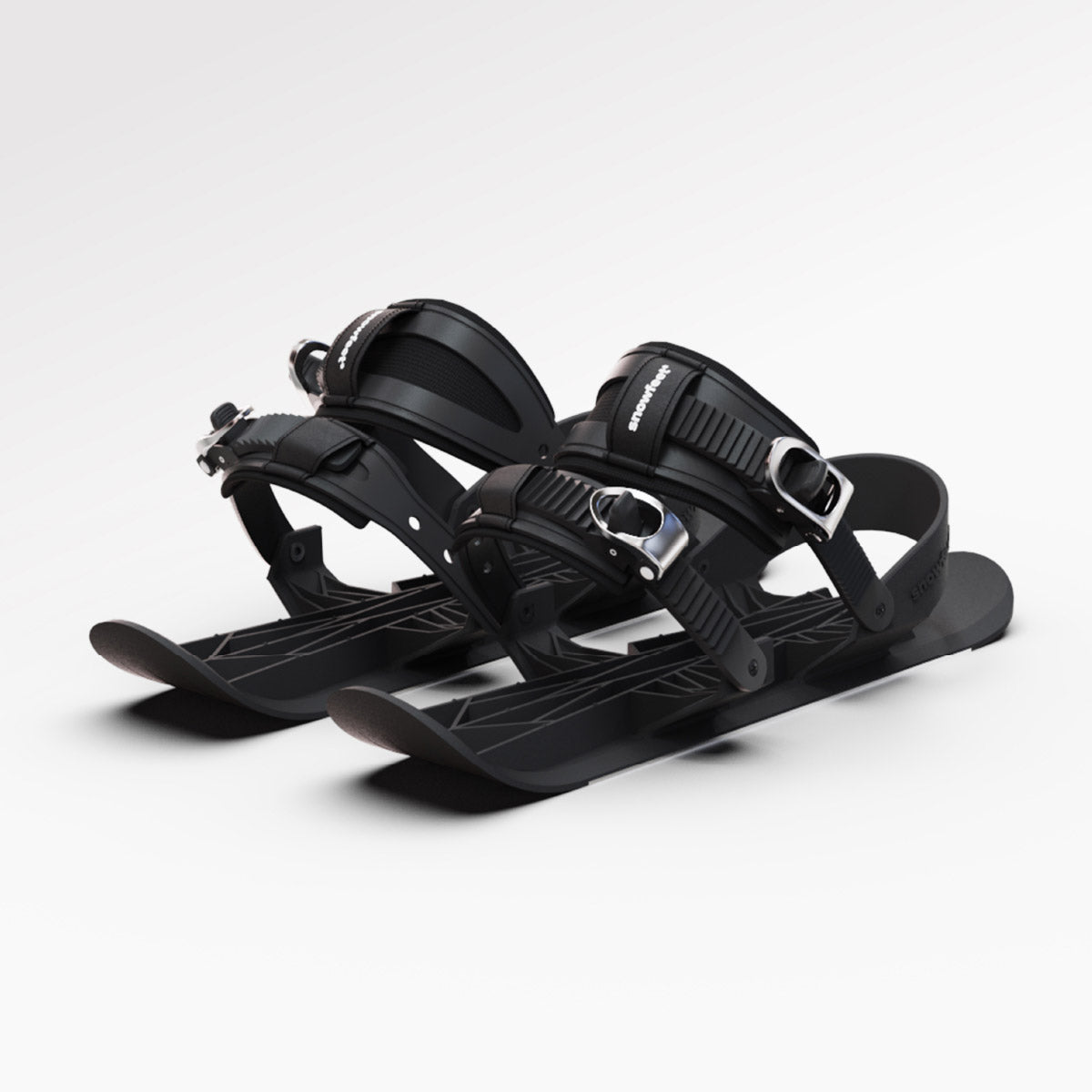
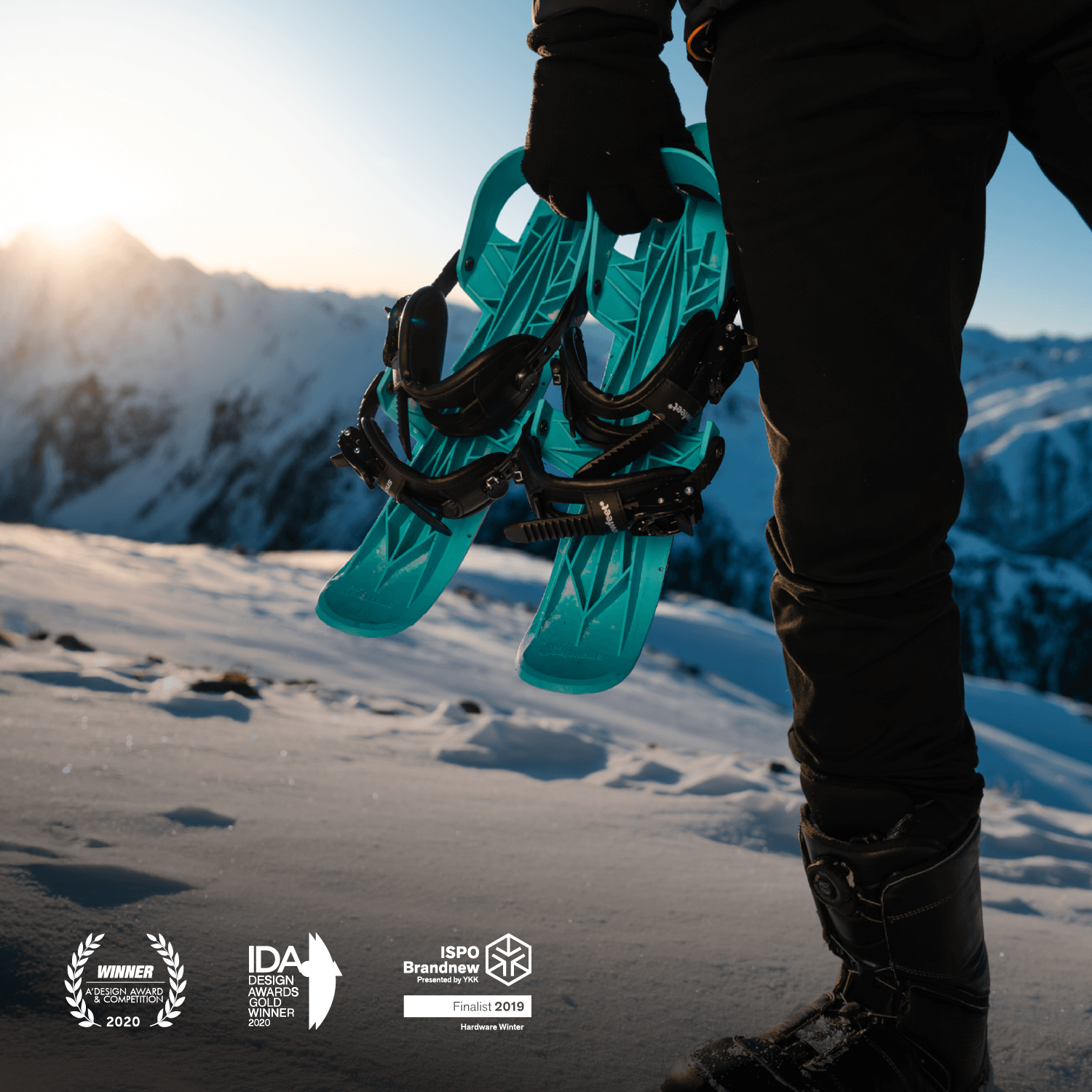
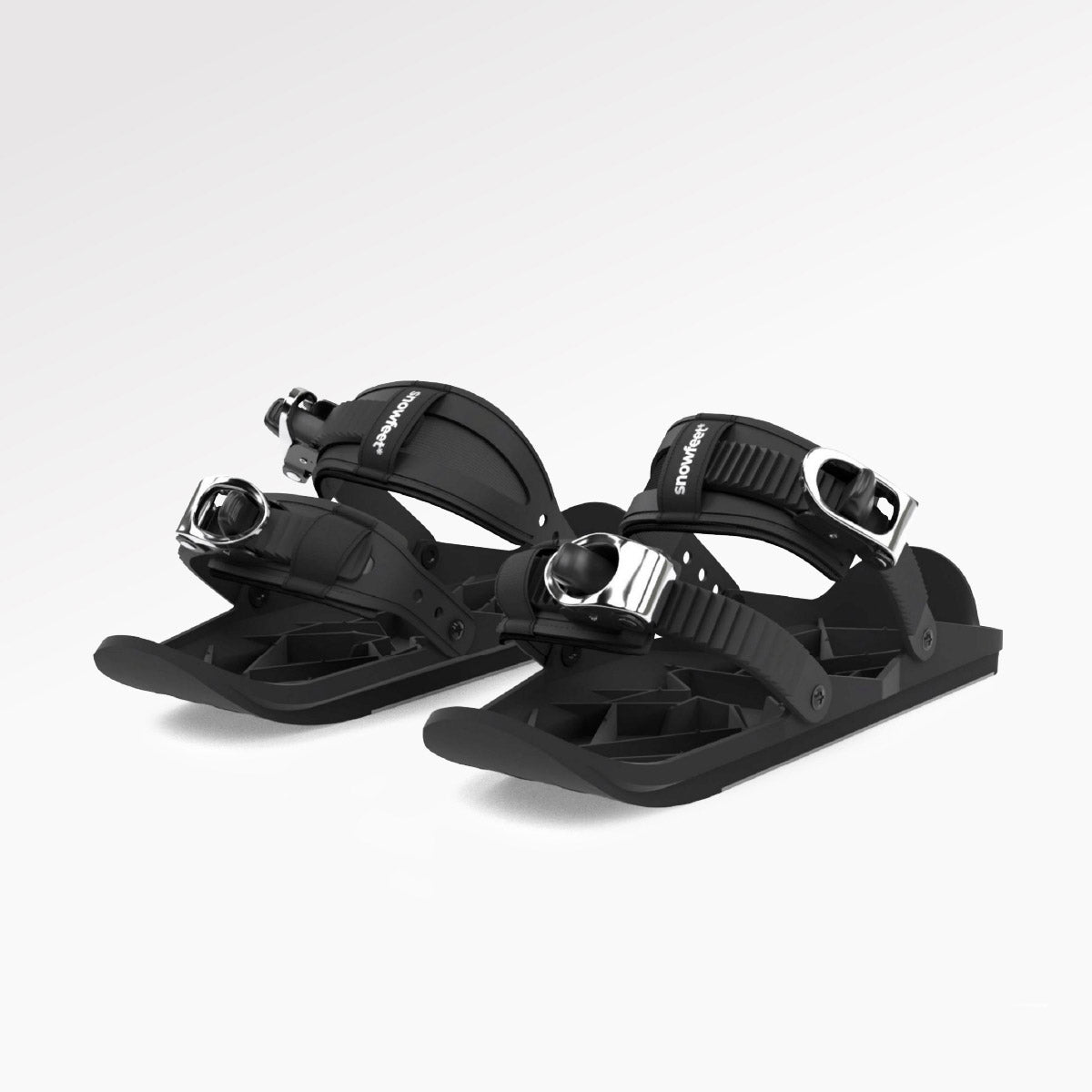
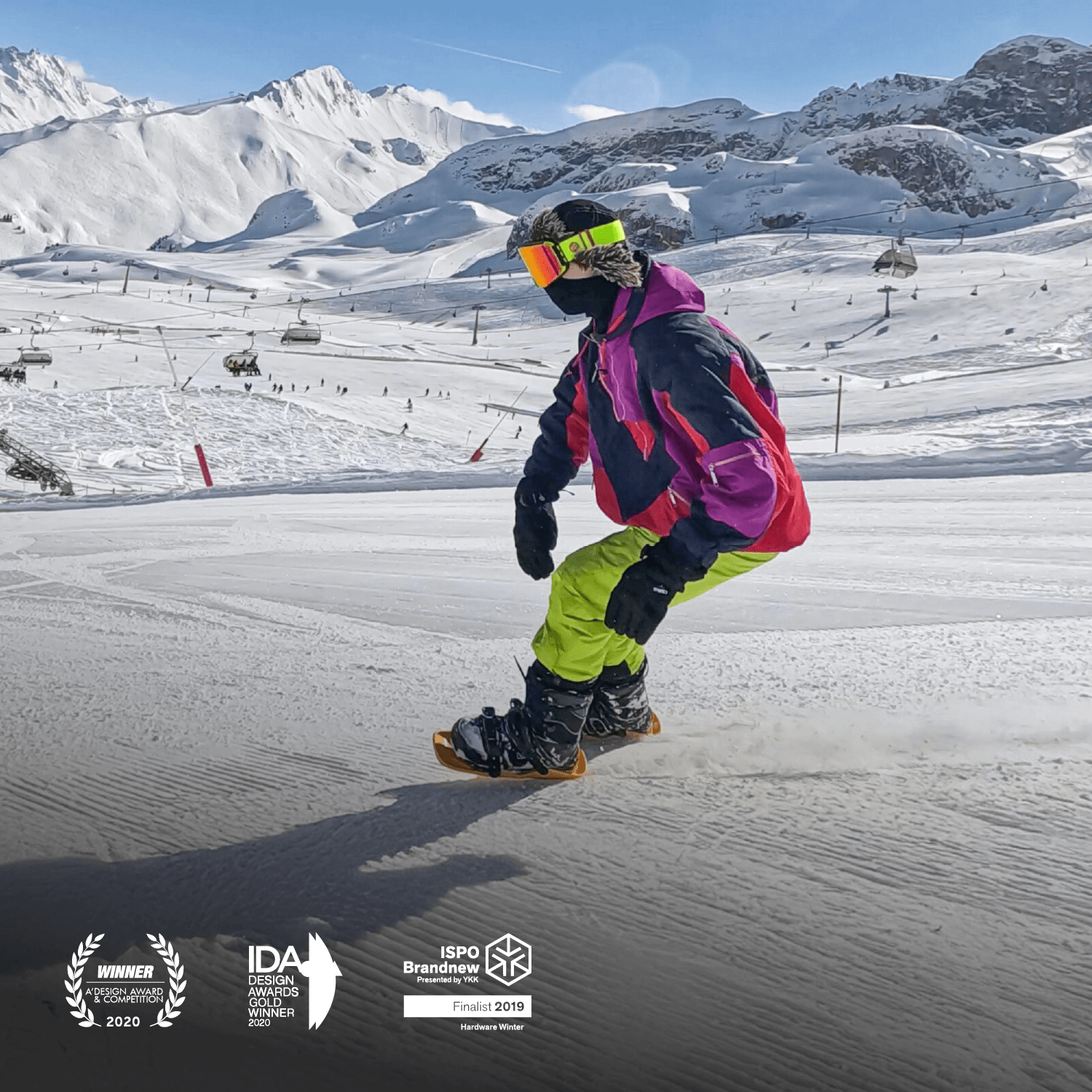
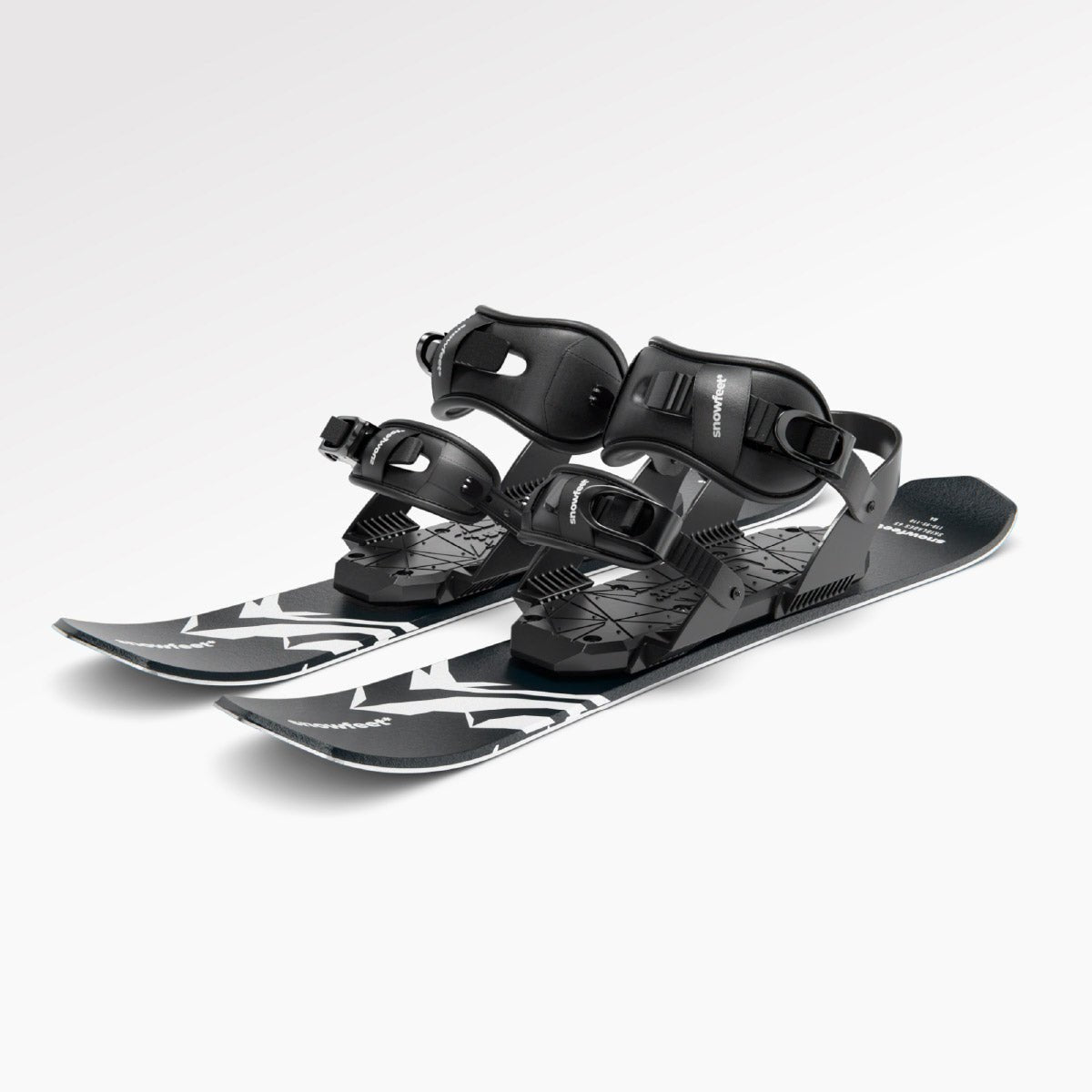
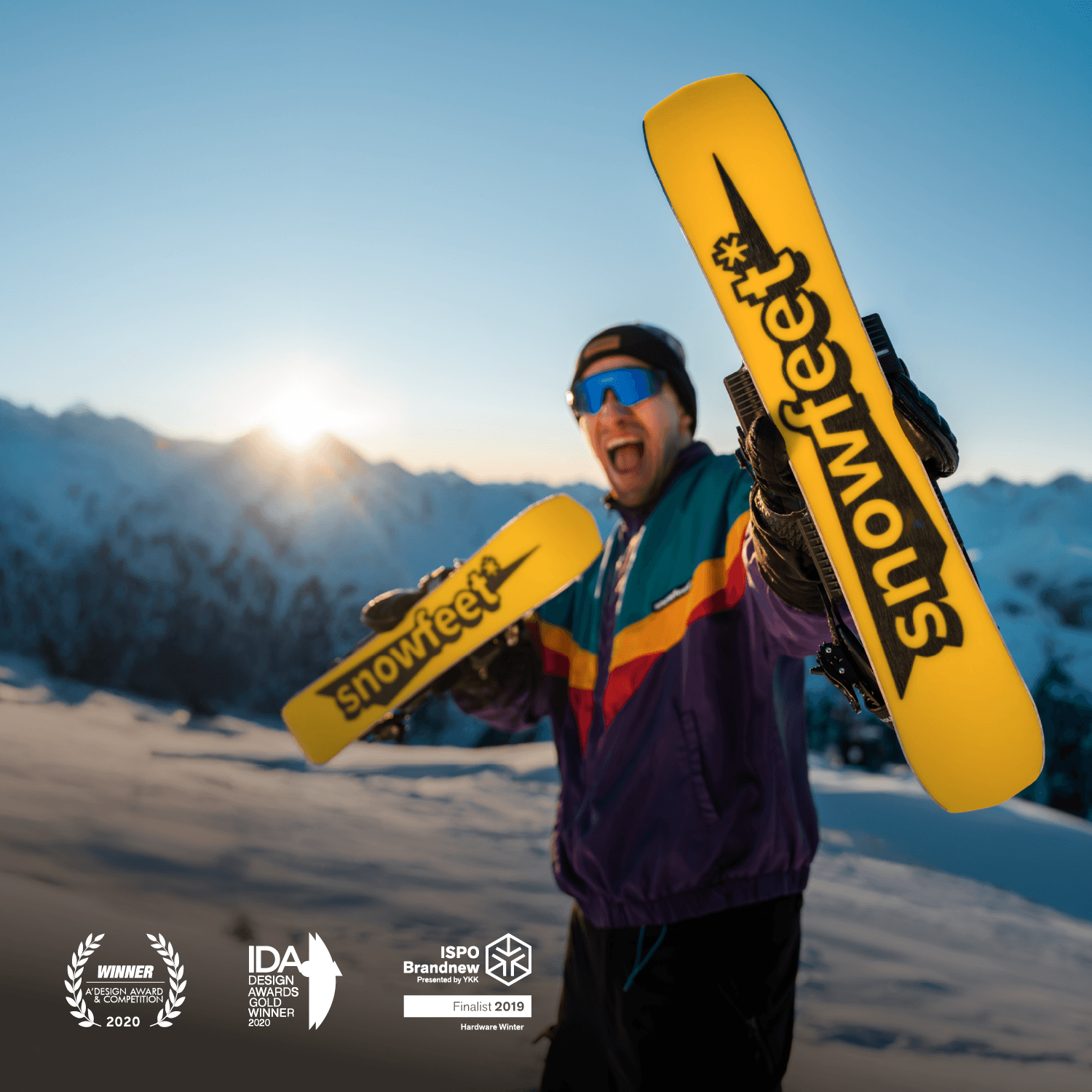
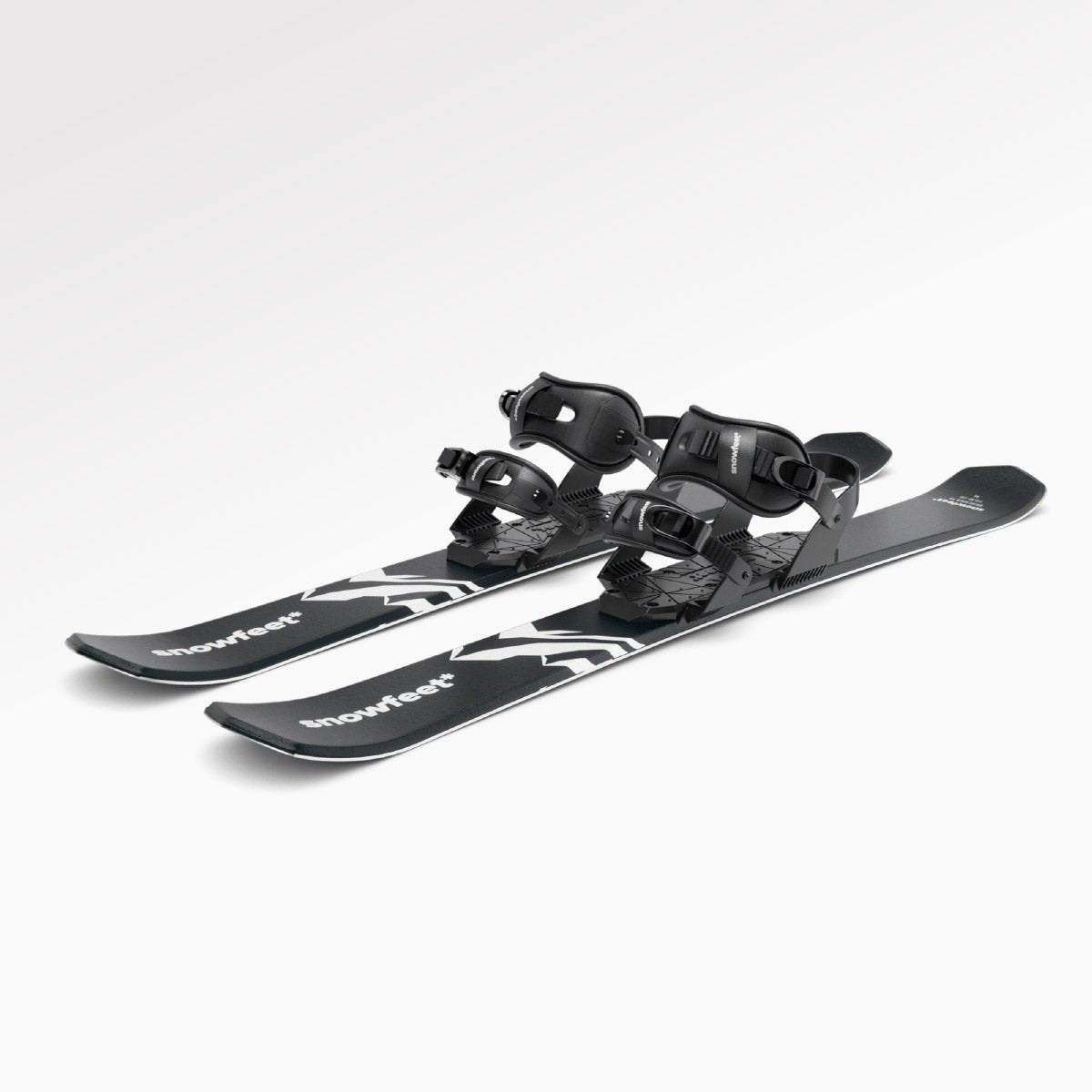
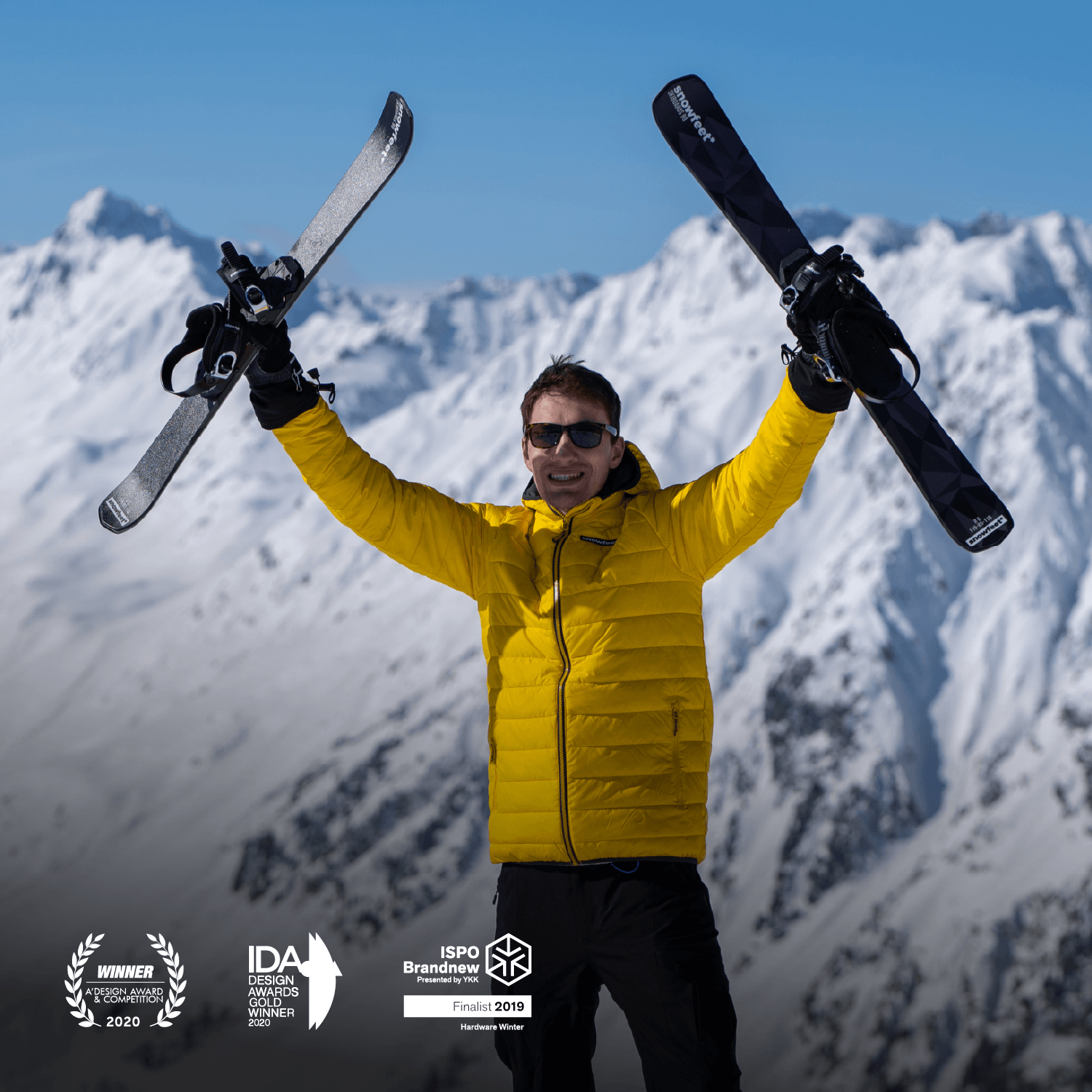
4 comments
Jimmy
I love my 99 skiblades! Much easier to handle the moguls in the afternoon and gentler on my knees. But I’d love to try the 120 short skis for better carving. What is the difference between 99 and 120 models?
Matt
What about powder? Can I take these off-piste?
Anna from Snowfeet*
Hi Jan,
the best place to get them is our website https://www.snowfeetstore.com/
We sell on Amazon, too, if that is a better option for you.
Anna
Snowfeet*
Jan
Where can I get these?
Leave a comment
This site is protected by hCaptcha and the hCaptcha Privacy Policy and Terms of Service apply.